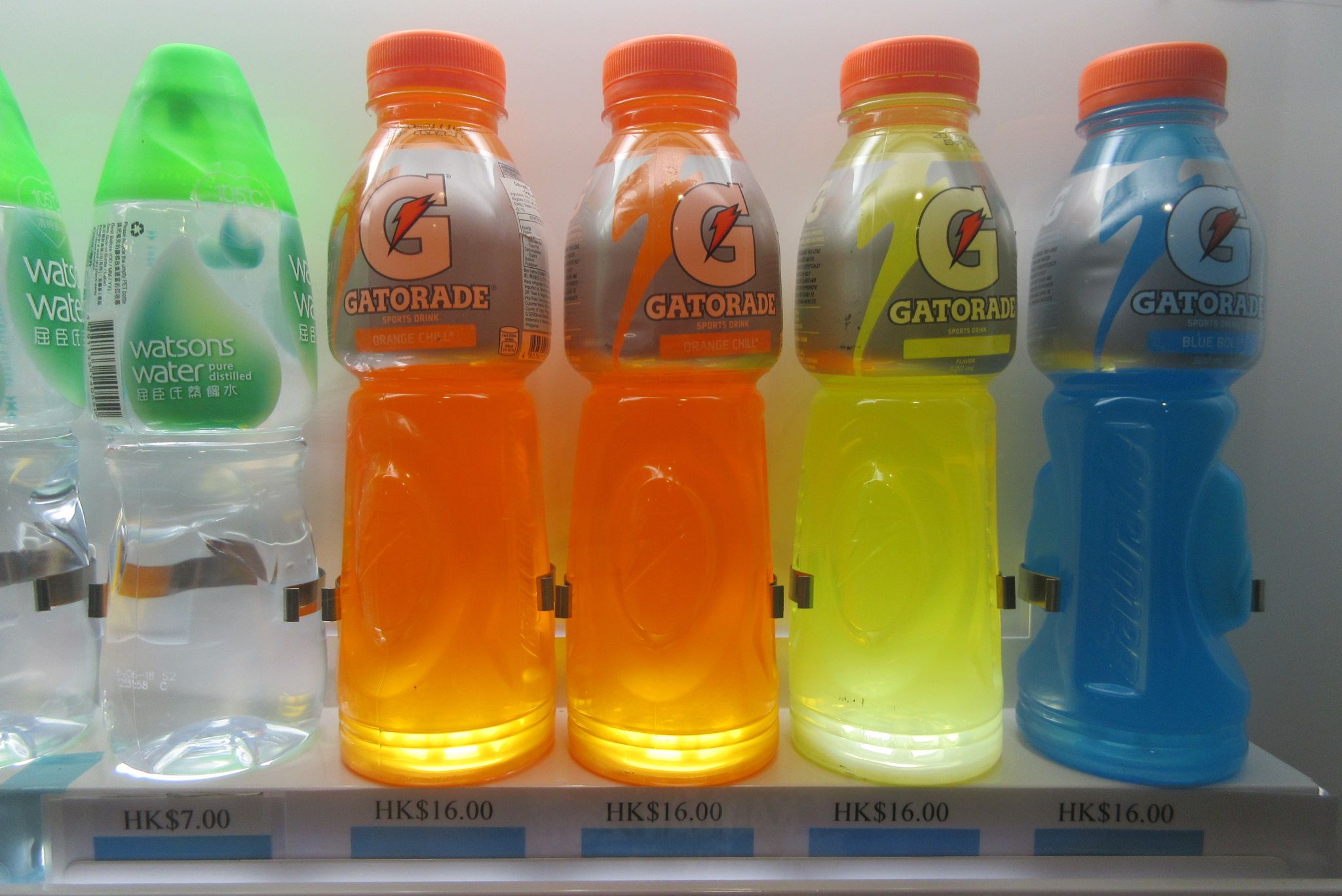
Decoding the Electrolyte Enigma: How Excessive Sports Drinks Mess with Your Blood Pressure
- Aug 27, 2025
Pop open a sports drink to refuel after a killer workout or a particularly nasty case of gastroenteritis, and you're essentially chugging down a cocktail of electrically charged minerals, commonly known as electrolytes. Glammed up as magic elixirs that swiftly restore electrolyte balance, these beverages may sabotage your health stealthily.
Electrolytes are essentially sodium, potassium, calcium, and magnesium that get zapped with a spark when dissolved in water. They’re the unsung celebrities of fluid balance, heart rhythm, nerve function, and body pH. The kicker? They also meddle extensively with your blood pressure.
Sports drinks or oral rehydration solutions (ORS) are usually taken to fight back dehydration and to top-up electrolytes lost after a bout of sweating bucketloads or an unlovely tummy ailment. Overdoing ORS or shoving in too many electrolyte tablets can gift you an unasked-for medley of muscle cramps, heart rhythm hiccups, acute weakness, and a possible nose dive in blood pressure. Delicious.
Sprightly bottles of Powerade, Gatorade, or other electrolyte potions are never a one-size-fits-all. The sodium and potassium content in them fluctuates depending on the product. And here’s where the plot thickens: daily over-slurping of sports drinks is generally ill-advised. Populate your diet with sodium overkill and your blood pressure could spike, while an overdose of potassium, surprisingly, works the other way around, causing your blood vessels to breathe out and your blood pressure to sag.
In a world obsessed with salty snacks and sweat-inducing workouts, the recommended sodium cut-off is 2,300 mg a day for the average adult. A single serving of Powerade chews off around 20% of this limit. If you're dealing with any health issues including high blood pressure, heart disease, kidney issues or diabetes, it's smart to turn a cold shoulder to these flashy sports drinks.
Potassium has its own drama. A healthy male adult requires approximately 3,400mg daily. But if you're putting up with high blood pressure, you'll want to hike up your potassium intake to between 3,500 to 5,000mg a day. But whoa! Go easy on the potassium if you suffer from advanced CKD - dial down to 2,000 to 3,000mg daily to dodge the risk of sky-high potassium levels.
Under real-world circumstances, ORS and electrolyte tables shine as first-aid for dehydration-induced diarrhea or vomiting, especially in kids or globetrotters with cursed traveler’s diarrhea. For severe dehydration cases, IV fluids may be your getaway car to health. But it's always wise to give your healthcare provider a shout before you reach for an electrolyte fix, especially if you're battling conditions like hypertension, heart failure, or unmonitored diabetes.
Sweat-soaked from a grueling workout? Say ‘no thanks’ to sports drinks and instead, wrap your lips around beverages with lower sodium and higher magnesium and calcium content. The moral here? Sports drinks are not the miracle sodas they're marketed to be. As in all things related to health and nutrition, moderation is key.






